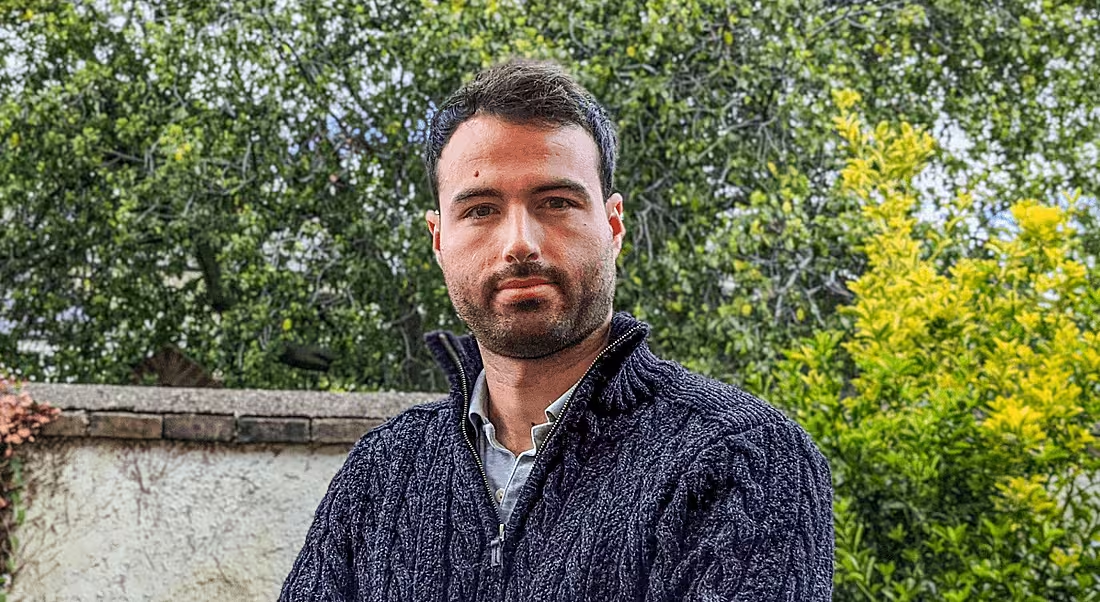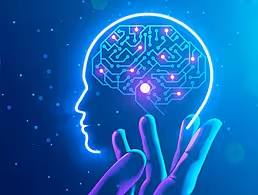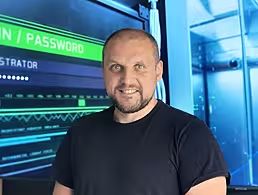Engineering manager Oliver Cormerais discusses his role in Deloitte’s cloud engineering team and how the sector has evolved.
Having started at Deloitte six years ago, Oliver Cormerais is an engineering manager in the company’s cloud engineering team based in Dublin.
He leads one of many teams delivering cloud-based technology solutions for Deloitte clients. Here, he discusses what his role entails, working with new cloud technologies and how the cloud sector as a whole has evolved.
‘This has been a very exciting time to work in cloud as businesses have had to scale to meet the increasing demand’
– OLIVER CORMERAIS
If there is such a thing, can you describe a typical day in the job?
Typical days are a rare occurrence. My day often starts off with a daily stand-up with the team to discuss work in progress and priorities for the day, including whether there are any blockers which might prevent us from achieving our goals. I would usually spend some time working on new features for our client’s systems throughout the day as well as monitoring the overall health of these systems, providing technical support and guidance to other teams, and working on the delivery of new services or features on the platforms.
Part of the day is also spent forward-looking, and my team plays a key role in supporting the delivery of new services on the platform by ensuring its ability to meet ongoing and increasing demand over time as well as constantly evolving functionality. As part of this, we would periodically document, review, and improve the existing cloud solution architecture of the platform, keeping up to date with the latest trends.
What kind of projects do you work on?
I have had the opportunity to work on a number of exciting projects since joining Deloitte six years ago, but have mainly focused on software delivery projects where I have been very fortunate to work across the full stack.
Recently, I got to work on one of our large key digital projects and gained visibility into some new cloud technologies. It was great to get the opportunity to use this knowledge to deliver and enhance some new digital services in the public domain that are having an impact on people’s daily lives.
Additionally, I have worked on one of our client’s digital portals hosted on the cloud, which integrates with core systems on-premise. Projects related to this digital platform have included cloud architectural changes, infrastructural changes, the delivery of new platform features and enhancements as well as the delivery of new online services.
What skills do you use on a daily basis?
The number one skill I use on a daily basis is problem-solving. With a background in computer engineering, this also happens to be my favorite part of the job.
On any given day, we might be faced with many types of problems, such as performance issues with our systems and applications or a critical bug which may be impacting customers. The root cause of these problems isn’t always obvious and it’s really important to be able to take a step back and perform some analysis on possible causes based on your understanding of the systems. I get a real sense of satisfaction when finding the root cause of an issue and implementing a solution to resolve it.
Collaboration with my peers is also a skill that I use on a daily basis. Working on such large complex systems, it’s impossible to know everything about everything and so it’s really important to work closely with other engineers and product owners to be effective.
What is the hardest part of your working day?
The hardest part of my work is having to adapt to rapidly changing requirements and challenging timelines. Over the past 12 months, we have had to respond to a very large increase in traffic to the sites that we work on and there is an increasingly strong appetite to move services online. This has meant we have had to adapt and constantly improve and refine our ways of working.
In some ways, this has been a very exciting time to work in cloud as businesses have had to scale to meet the increasing demand for online services, but it has also created its fair share of challenges.
Do you have any productivity tips that help you through the working day?
Since the beginning of the pandemic, I have done my best to exercise outdoors over lunch a couple times a week and find this really helps with focus when returning to work – along with a good night’s sleep!
In terms of my working day, I like to kickstart my day a little earlier to spend some time listing the meetings or calls I have on that day as well as the main tasks I need to complete. This really helps with focusing on what’s important and not getting too distracted by incoming emails or incessant context switching. There are plenty of tools out there to help with this but simply doing this on paper can work very well too.
When you first started this job, what were you most surprised to learn was important in the role?
One thing I had probably underestimated going into the role was the importance of a well-defined software delivery lifecycle, particularly as an application stack scales. Having well-defined processes and pipelines is critical to deliver effectively, and it is the responsibility of everyone involved in the process (engineers, testers, project managers alike) to contribute positively to this process.
How has this role changed as the cloud sector has evolved?
Over the last few years, I have noticed a real increase in general understanding of cloud concepts among both businesses and individuals. Businesses are getting a better understanding of how the cloud can benefit them and are more willing to embrace change. As the sector has grown, projects have shifted from small-scale exploratory projects and proofs of concept to much bigger projects, and this will only increase over time. This is evident in the increasing number of cloud engineering roles within Deloitte as more of our clients look to leverage the cloud.
The cloud is becoming the preferred option for any new products or applications and I believe companies will look more and more at using ‘out-of-the-box’ tools and services where possible to increase productivity and help them on their transition to the cloud.
What do you enjoy most about the job?
The most enjoyable part of my job is the problem-solving aspect as well as the variety and scale of projects we have the opportunity to work on. As an engineer, we are also given responsibility very early on and can make a real impact from the get-go.
The training opportunities, which I have been fortunate enough to get, have also been great for my own personal development and are a great complement to the experience and learning acquired on all the projects I have worked on.




